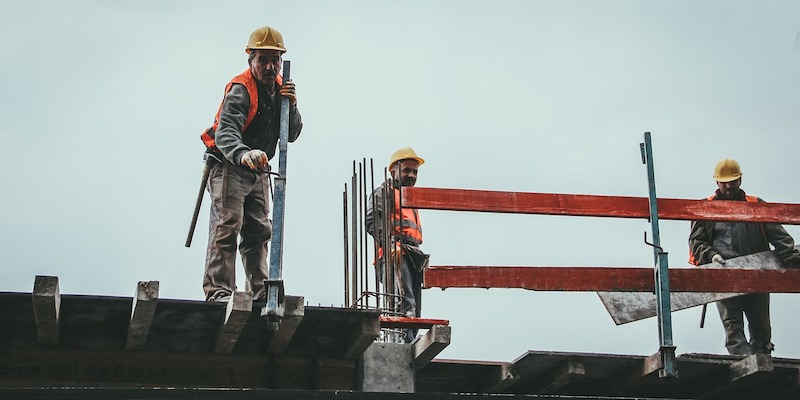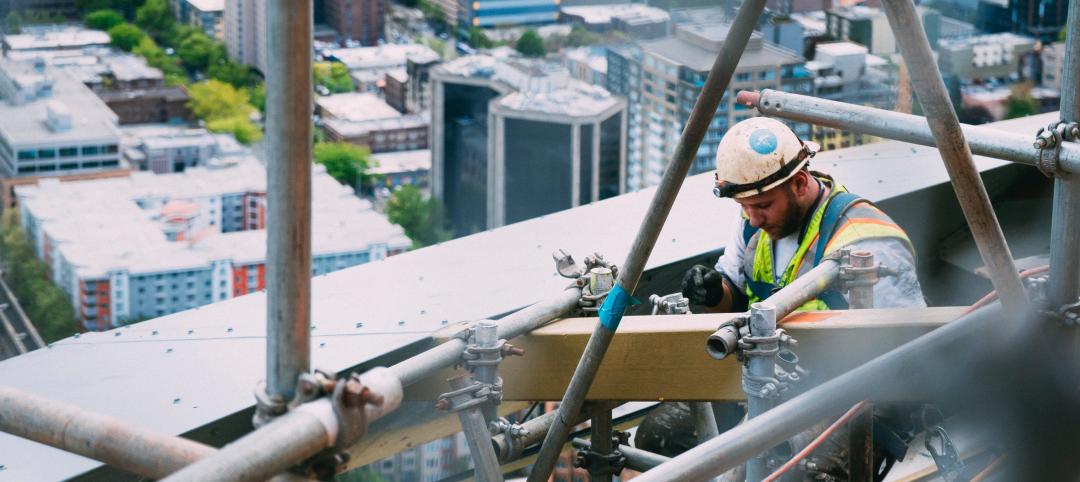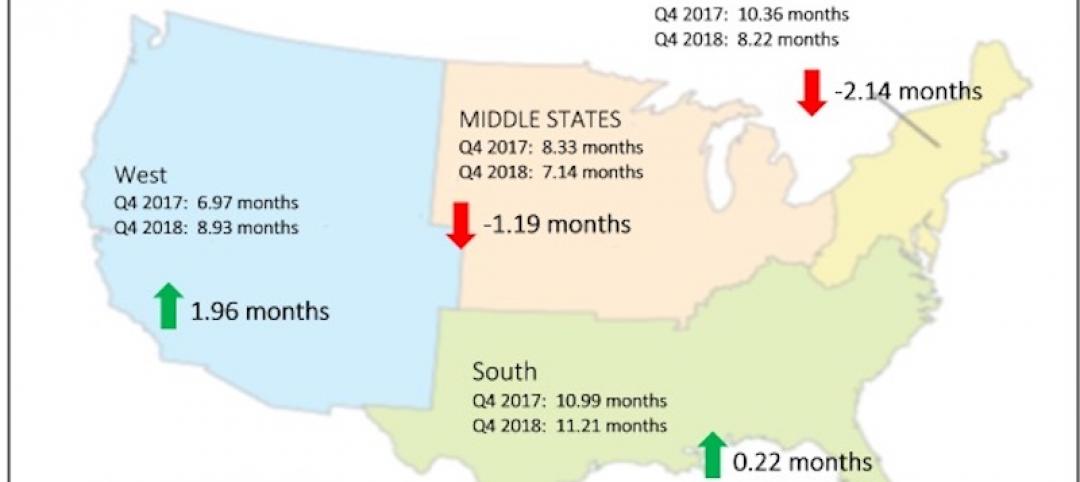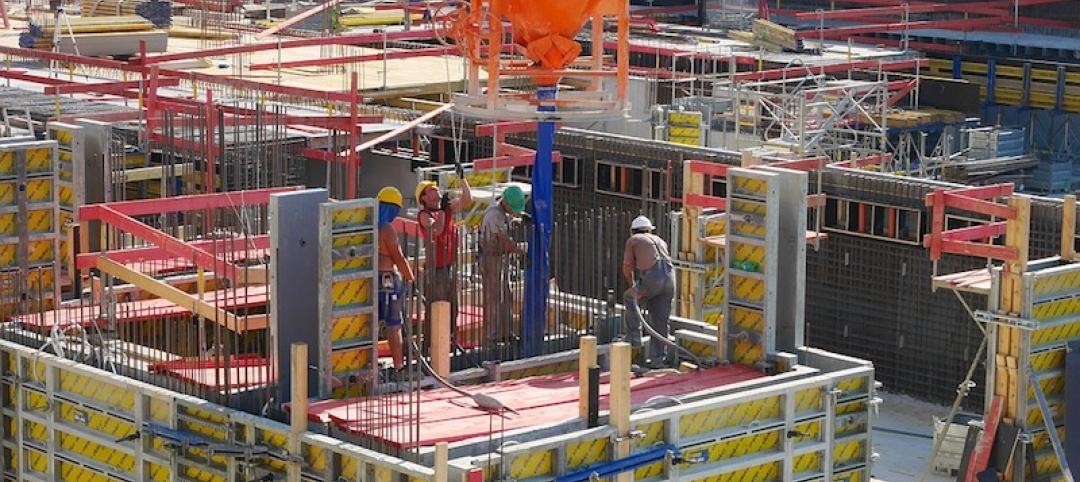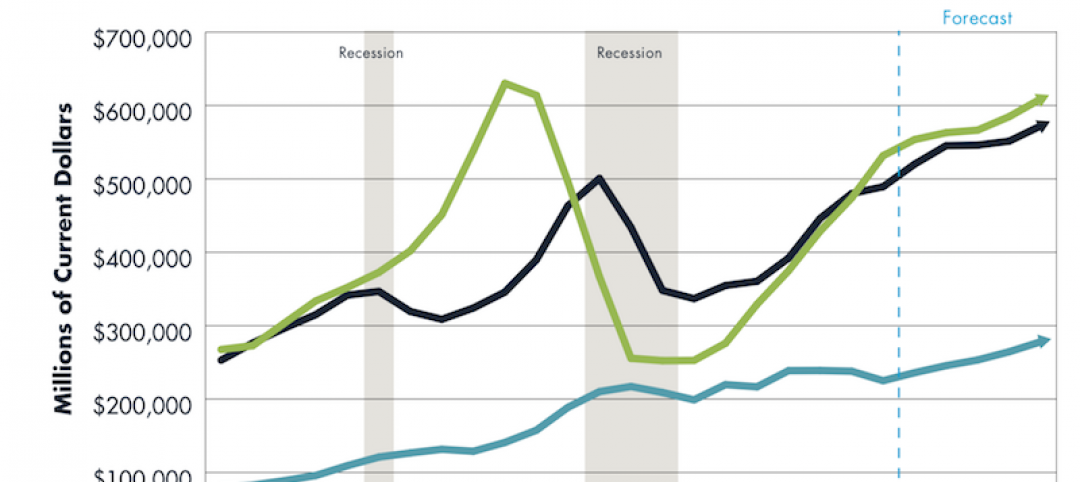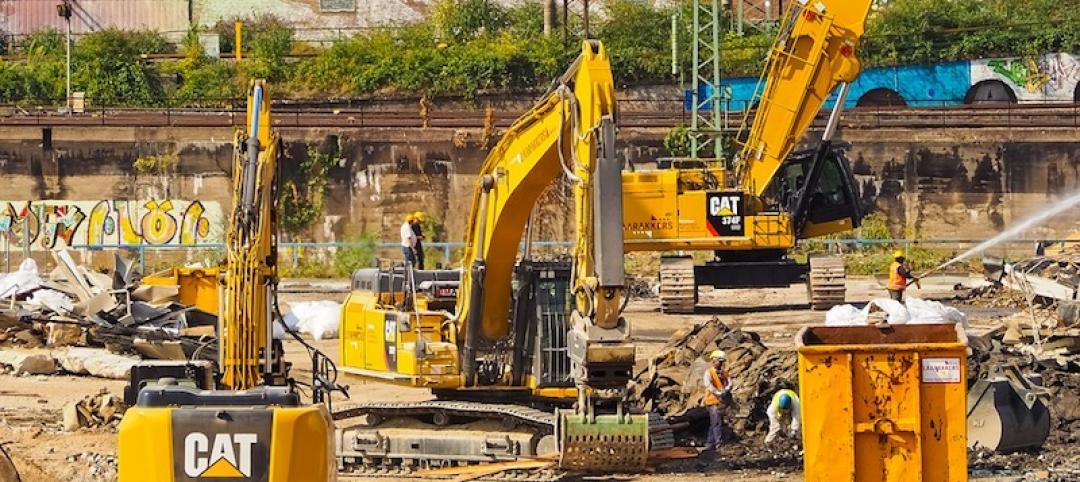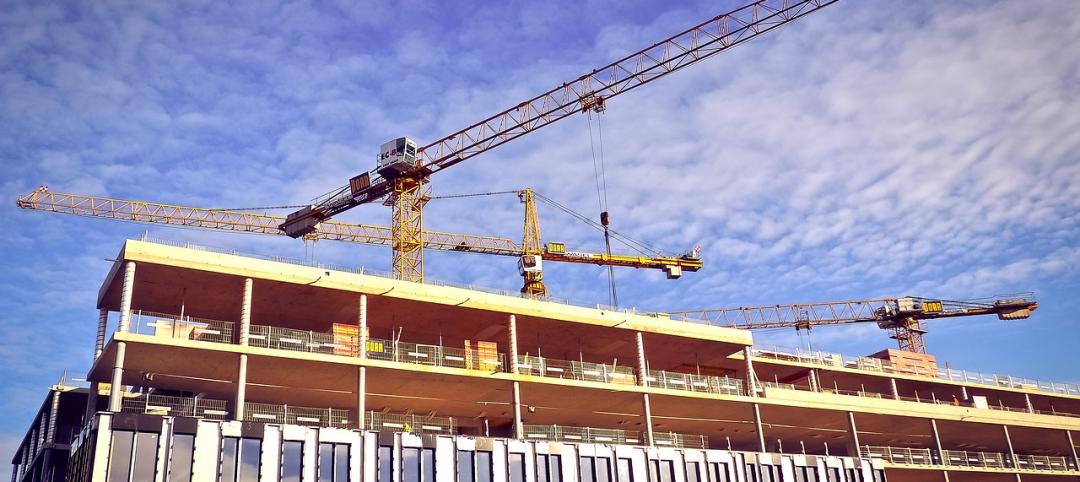Construction employment increased by 42,000 jobs in February and by 223,000 or 3.0% over the past 12 months, as the industry’s unemployment rate hit a new February low, according to an analysis of new government data by the Associated General Contractors of America. Association officials said some of the gains were attributable to mild winter weather in many parts of the country last month but added that the main reason for the gains was strong demand for construction services.
“Contractors are off to a fast start in 2020, adding 91,000 jobs in the first two months—the most in nearly two years,” said Ken Simonson, the association’s chief economist. “Although some of the gains probably reflect unusually mild winter weather in much of the nation, there is no question that contractors have been upbeat about the volume of work available.”
Total construction employment climbed to 7,646,800, the highest level since July 2007, with gains in both residential and nonresidential employment. The 3.0% growth in construction employment between February 2019 and February 2020 was nearly double the 1.6% increase in total nonfarm payroll employment. Average hourly earnings in construction – a measure of all wages and salaries – increased 3.0% over the year to $31.35. That figure was 9.9% higher than the private-sector average of $28.52¬.
Simonson observed that both the number of unemployed workers with recent construction experience – 531,000 – and the unemployment rate for such workers – 5.5% – were the lowest ever for February in the 21-year history of those series. He said these figures are consistent with reports from contractors as part of the association’s annual outlook that experienced construction workers are hard to find.
The employment data were collected in mid-February. Since then, the novel coronavirus has begun to affect some industries, but there have been no reports of construction sites being affected or of projects being deferred or canceled, the economist noted.
Association officials said that it is hard to estimate whether the spreading coronavirus will have a significant impact on future demand for construction or the sector’s employment levels. They said the best way for Washington officials to address the economic uncertainty was to act quickly to pass measures to rebuild the nation’s airports, waterways, highways and transit systems. They added that the association was launching a new round of advertising via its Americans for Better Infrastructure Campaign to educate constituents and members of Congress on the economic benefits of investing in infrastructure.
“The industry clearly benefitted from strong demand in February, but it is unclear whether and how the coronavirus might impact construction employment,” said Stephen E. Sandherr, the association’s chief executive officer. “Passing new infrastructure measures will support needed fixes to our transportation network while adding a new level of stability in what are likely to be uncertain times.”
Related Stories
Market Data | Feb 20, 2019
Strong start to 2019 for architecture billings
“The government shutdown affected architecture firms, but doesn’t appear to have created a slowdown in the profession,” said AIA Chief Economist Kermit Baker, Hon. AIA, PhD, in the latest ABI report.
Market Data | Feb 19, 2019
ABC Construction Backlog Indicator steady in Q4 2018
CBI reached a record high of 9.9 months in the second quarter of 2018 and averaged about 9.1 months throughout all four quarters of last year.
Market Data | Feb 14, 2019
U.S. Green Building Council announces top 10 countries and regions for LEED green building
The list ranks countries and regions in terms of cumulative LEED-certified gross square meters as of December 31, 2018.
Market Data | Feb 13, 2019
Increasingly tech-enabled construction industry powers forward despite volatility
Construction industry momentum to carry through first half of 2019.
Market Data | Feb 4, 2019
U.S. Green Building Council announces annual Top 10 States for LEED Green Building in 2018
Illinois takes the top spot as USGBC defines the next generation of green building with LEED v4.1.
Market Data | Feb 4, 2019
Nonresidential construction spending dips in November
Total nonresidential spending stood at $751.5 billion on a seasonally adjusted annualized rate.
Market Data | Feb 1, 2019
The year-end U.S. hotel construction pipeline continues steady growth trend
Project counts in the early planning stage continue to rise reaching an all-time high of 1,723 projects/199,326 rooms.
Market Data | Feb 1, 2019
Construction spending is projected to increase by more than 11% through 2022
FMI’s annual outlook also expects the industry’s frantic M&A activity to be leavened by caution going forward.
Market Data | Jan 23, 2019
Architecture billings slow, but close 2018 with growing demand
AIA’s Architecture Billings Index (ABI) score for December was 50.4 compared to 54.7 in November.
Market Data | Jan 16, 2019
AIA 2019 Consensus Forecast: Nonresidential construction spending to rise 4.4%
The education, public safety, and office sectors will lead the growth areas this year, but AIA's Kermit Baker offers a cautious outlook for 2020.


